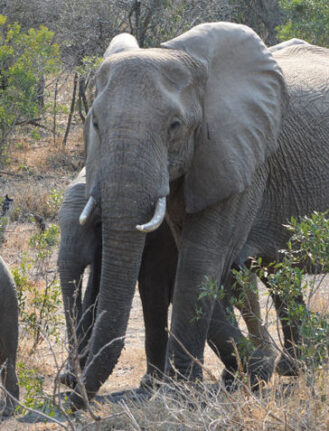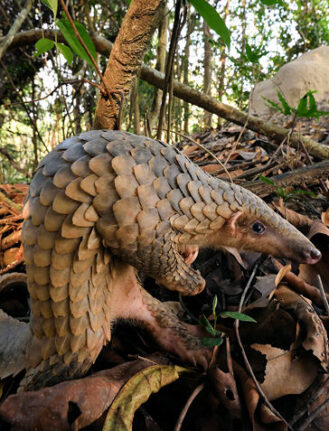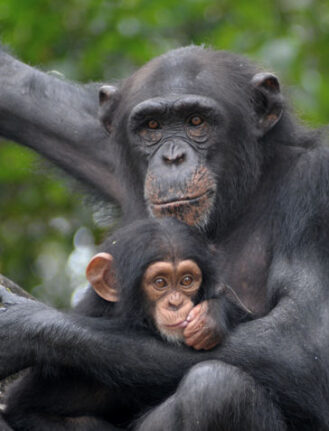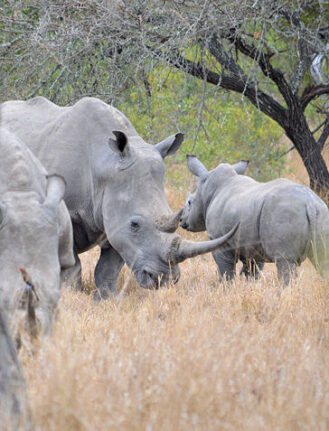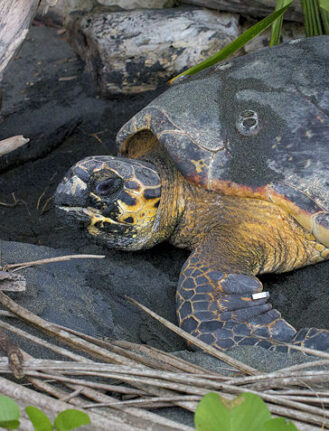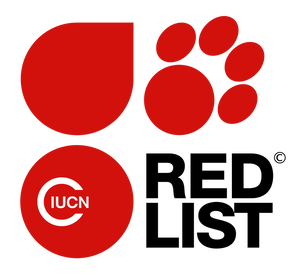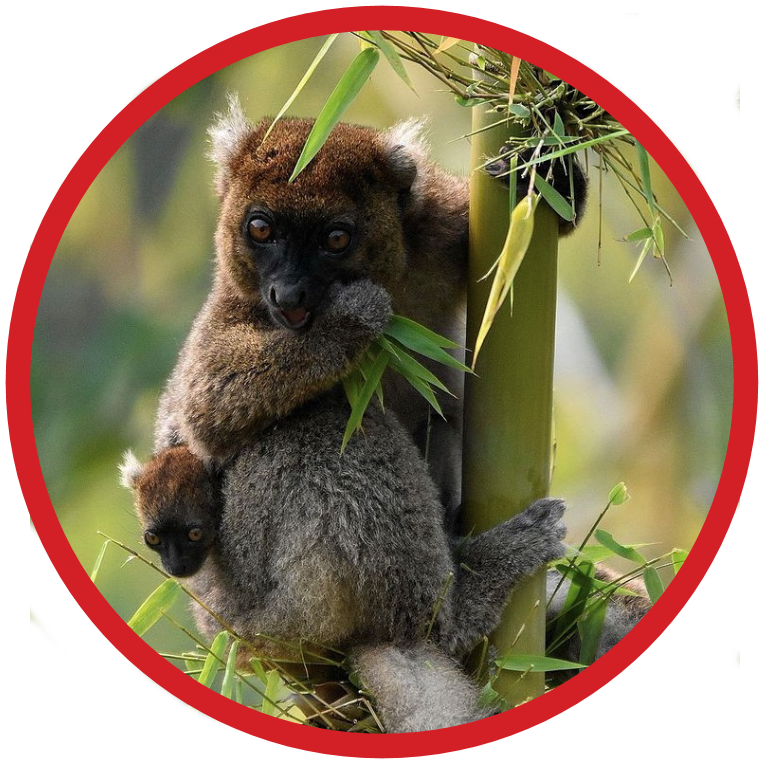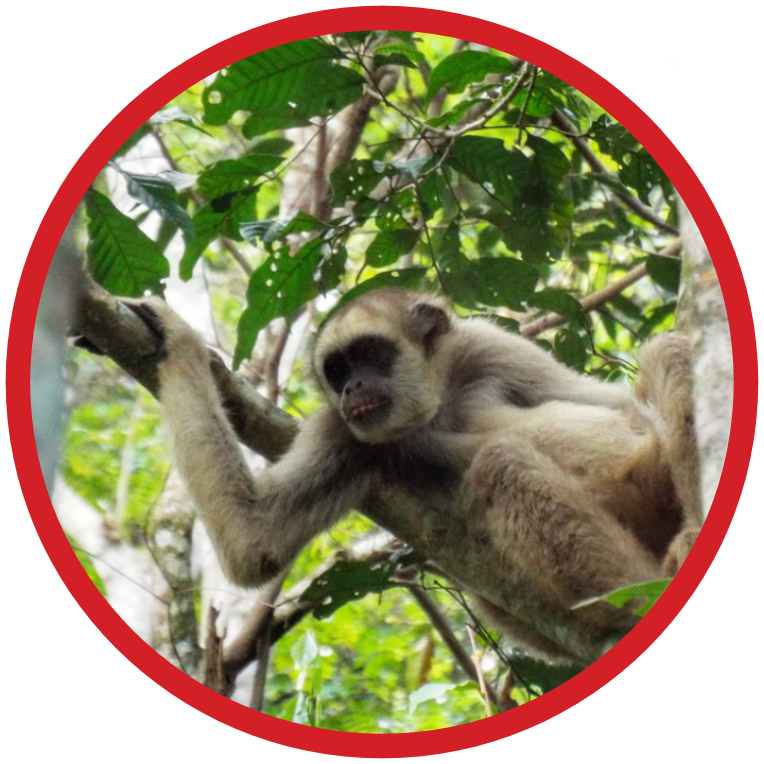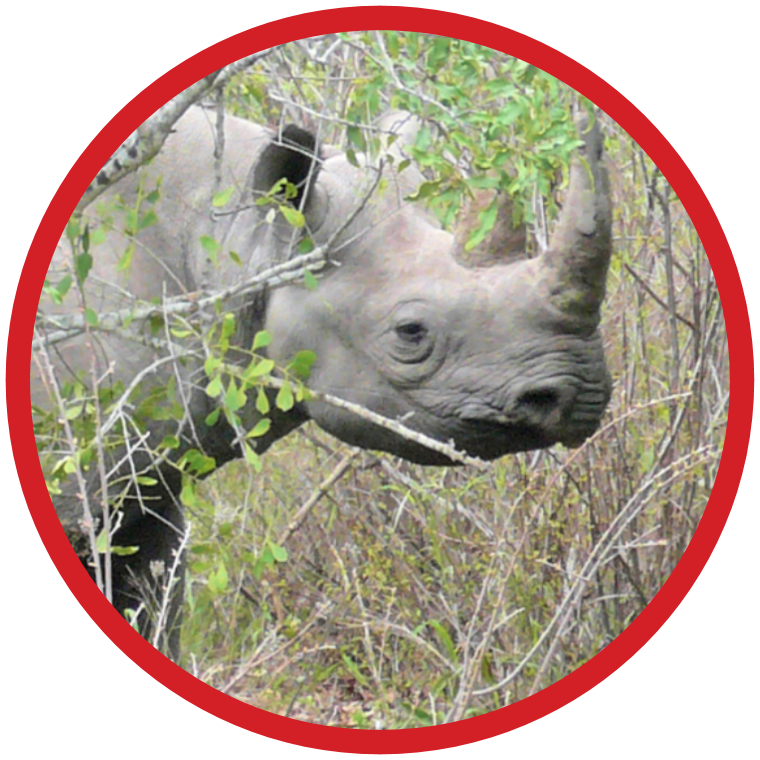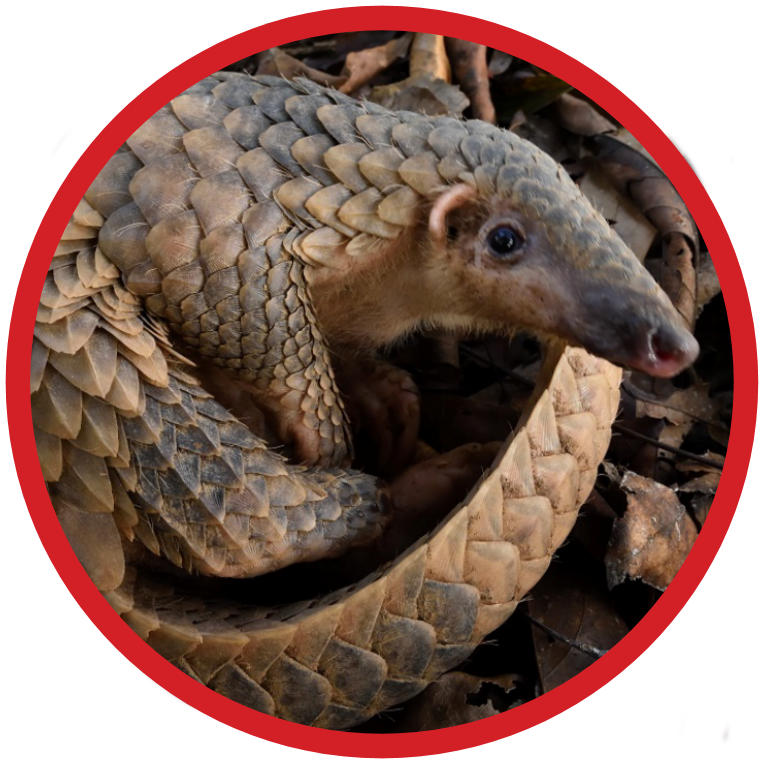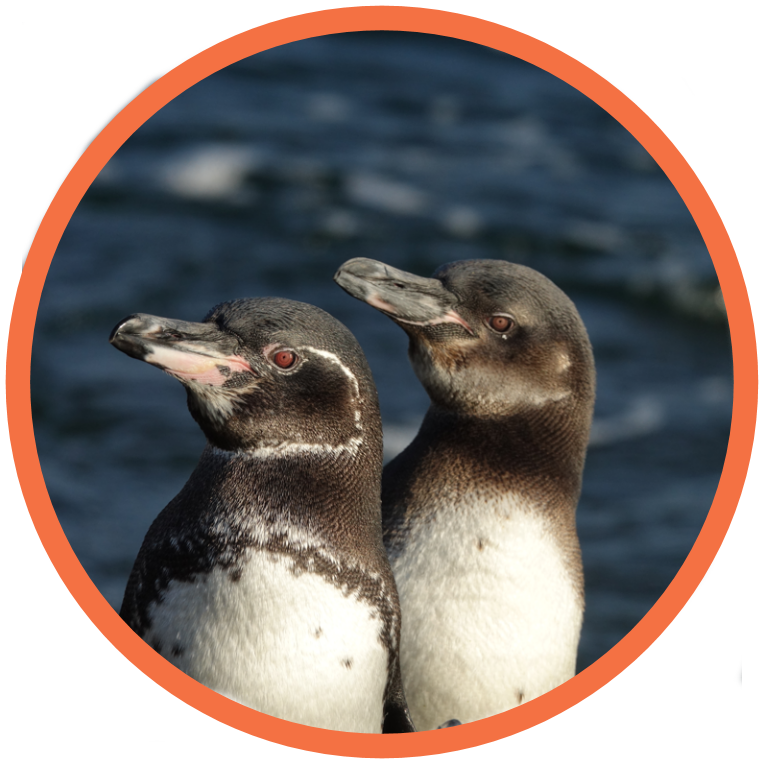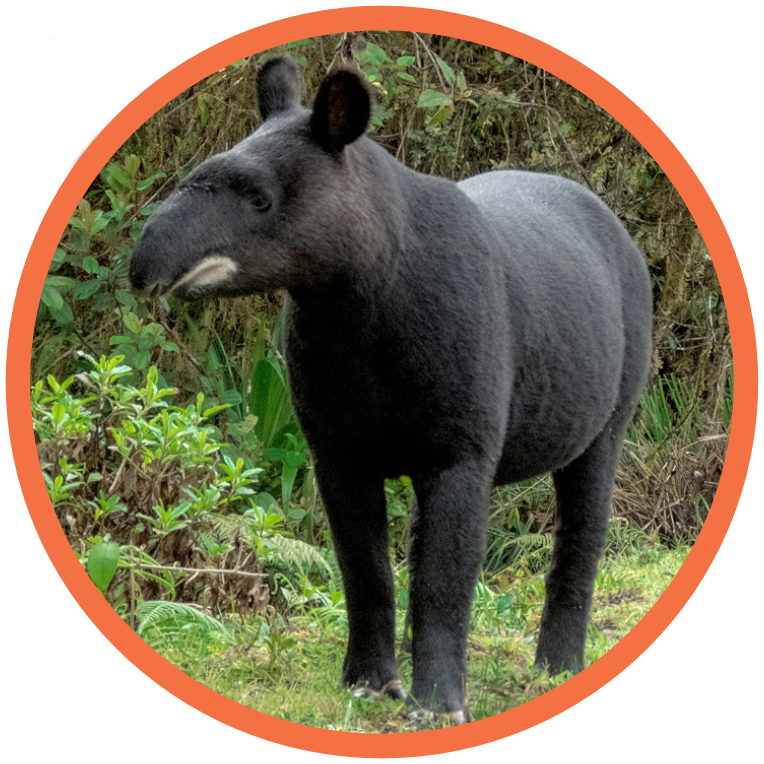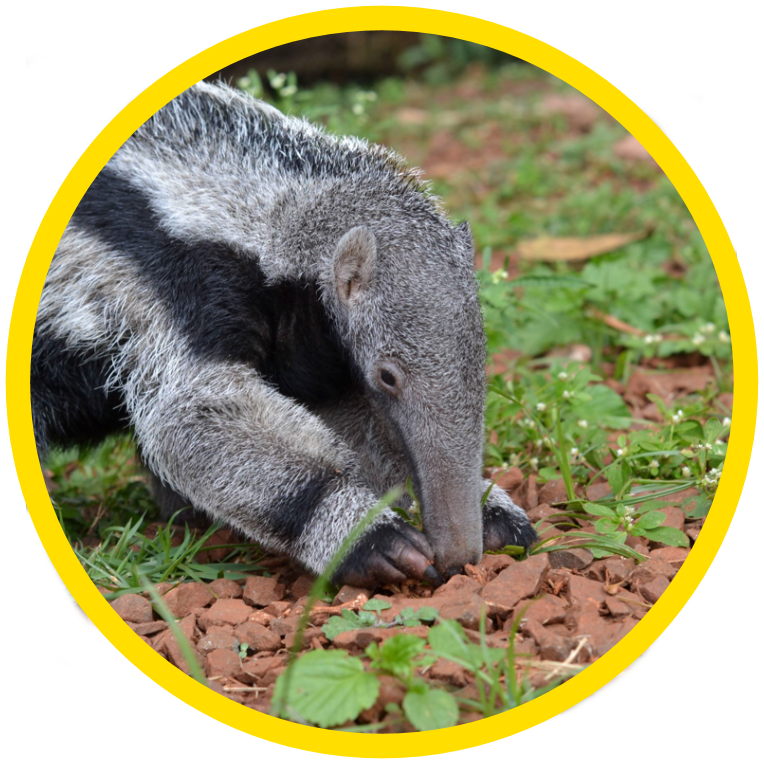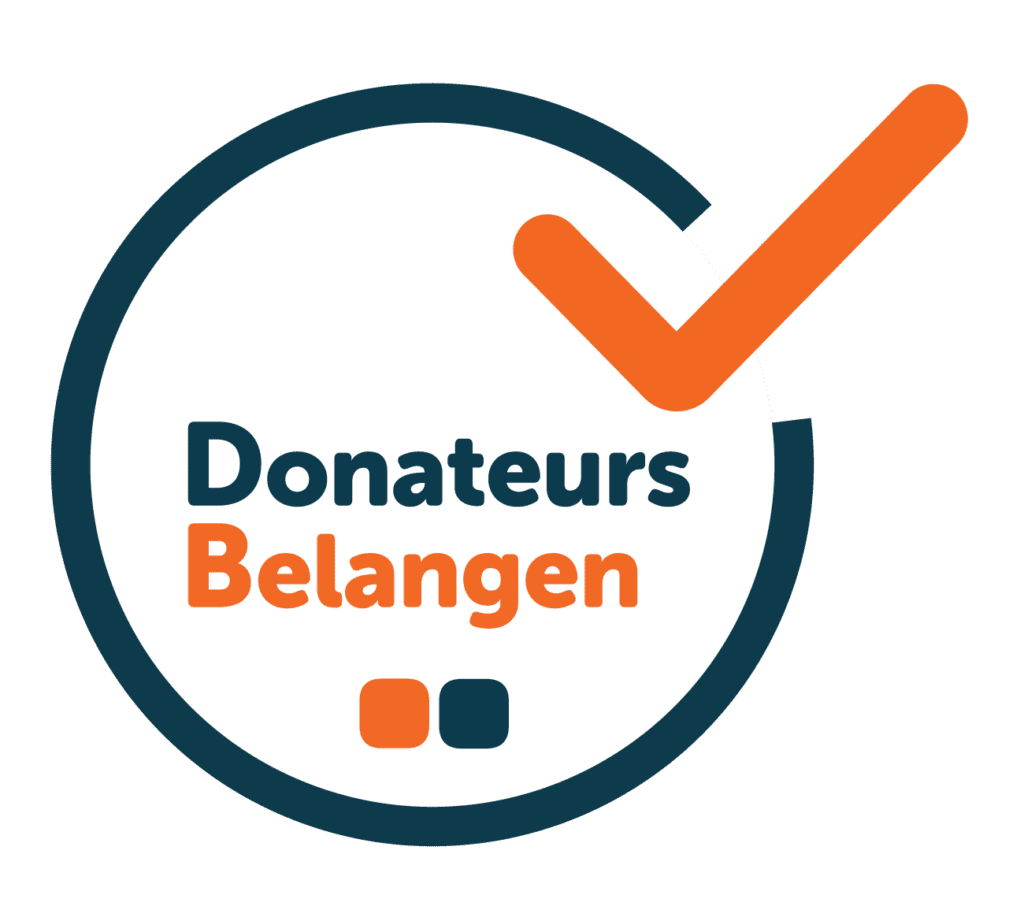Welcome to the next generation of conservation.
Our Netherlands based wildlife conservation non-profit is built to usher in a new era of transparency, accountability, trust, and inclusion in conservation charitable giving and operations.
We provide a transparent donation environment where every donor can see exactly how their valuable contributions are being used.
We believe that technology, innovators, manufacturers, finance for Nature, and material assets from outside traditional conservation sectors play a pivotal role in protecting and conserving our planet’s biodiversity.
Join us and make a difference!





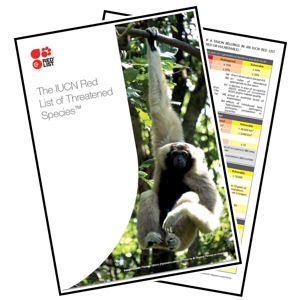
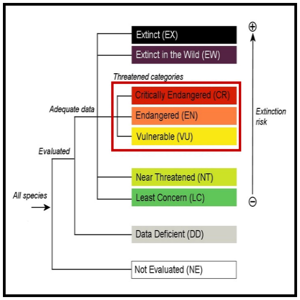



Our focus …
Our focus is on supporting front-line conservation teams working to protect and save Vulnerable, Endangered, or Critically Endangered species, according to the International Union for Conservation of Nature (IUCN) Red List of Threatened Species classifications.
We do not provide direct finance, grants or bursaries.
Instead we source and donate a vast spectrum of critical material assets and equipment needed by front-line teams; ranging from stationary, to ranger equipment, scientific instruments, and veterinary supplies to hydrogen powered drones, solar energy resources, and so much more.
To date, more than 169,000 species have been assessed for The IUCN Red List.
Of these more than 47,000 are currently classified as threatened with extinction – 28% of all species assessed.
Our mission …
We are working to ensure that threatened species and habitats are saved and protected.
Our mission focuses on supporting and conserving threatened species and ecosystems, fighting climate change, and thereby protecting and preserving our planet’s biodiversity.
Innovation & Solutions
We work to bring technology and innovations into wildlife and ecosystem conservation, from outside of the traditional conservation arena.
Meet a few of the species you could help …
Our focus is on supporting front-line conservation of species classified in the IUCN Red List of Threatened Species as Vulnerable, Endangered, or Critically Endangered of becoming globally extinct.
Critically Endangered
Endangered
Vulnerable
Your Support …
There are two clear and distinct pathways to donate to support 5WF and our work.
Which pathway? – The choice is entirely yours!
Choice One
You can donate “to 5WF, for 5WF” — assisting us with professional fees, and running costs, keeping us doing what we do.
Choice Two
You can donate “to the Species” of your choice — where 100% of your donation is spent on the species you wish to help support.
You can choose one or more species to support.
You can donate in an array of currencies, including cryptocurrencies, with transfers, cards or other methods.
Join us and make a difference.
Our assurances to you …
- 5WF regard your donation as “yours“, we are the custodians of your funding support.
- We will always and only use your donations for what you intended them for.
- 100% of the funds donated to a species is spent on your chosen species; yes, 100%.
- We will show you exactly on what, when, where, and why your donated funds are used.
- You as a donor can choose any species, or group of species to support.
We rely on the generosity of our donors and partners to help cover our running costs.
Join us and make a difference.

5W Foundation is not part of, or in any way affiliated to Hedera.
We very much need your donations because, despite the size of the Hedera Governance Member organizations, to date we have received absolutely no financial assistance or donation contributions from any of the Hedera Governance Council Members listed opposite.
Although, we are hopeful these organizations will at some point soon support our conservation work, built on the hashgraph technology they govern and promote!
Transparency & Trust …
Conservation needs new technology and a constantly advancing, evolving approach.
Our infrastructure is building on the next generation beyond blockchain technology, Hedera Hashgraph.
-
What is Hedera?
-
Why Hedera?
-
Hedera Governance Council
Hedera is an open source, leaderless proof-of-stake network, governed by a diverse council of industry-leading organizations.
So, why have we done this? Simple – transparency, accountability, trust, and the technology.
To achieve transparency and trust in charitable giving there are only two realistic options – a traditional blockchain – or Hedera Hashgraph.
Traditional blockchains consume huge amounts of energy and are slow in order to achieve acceptable levels of security.
Hedera Hashgraph is a public distributed ledger – considerably faster, much fairer, with lower fees, higher throughput, and is more secure than the traditional blockchains.
Very importantly – Hedera is also completely environmentally sustainable and is carbon negative.
For example – x1 Bitcoin transaction = same amount of energy as 10,000,000 Hedera transactions … or … x1 Ethereum transaction = same amount of energy as 788,000 Hedera transactions!
[Learn more] abrdn | Arrow | Australian Payments Plus | Avery Dennison | BitGo | Blockchain For Energy | Chainlink Labs | COFRA Holdings | Dell Technologies | Dentons | Deutsche Telekom | DLA Piper | EDF (Électricité de France) | Google | Hitachi America | IBM | The Indian Institute of Technology (IIT) | LG Electronics | The London School of Economics (LSE) | Magalu | Mondelēz International | Nairobi Securities Exchange Plc | Nomura Holdings | ServiceNow | Shinhan Bank | Standard Bank Group | Swirlds | Tata Communications | Ubisoft | Wipro | WorldPay | Zain Group
Using Hedera we accept and transparently record and show all inward donations and outward financial transactions.
We will show all donors to species exactly where that donation is used, when, on what, and why.
We make donating to wildlife conservation a transparent, trustworthy, inclusive, and interactive experience for each, and every, donor.
Other initiatives we support …
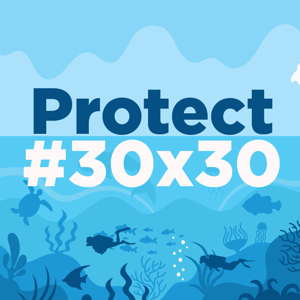
Protect 30% of the ocean by 2030
The ocean, covering 70% of the planet, produces half of our oxygen and regulates climate by storing and releasing heat. Yet, only 2.7% of its vast expanse is currently protected. A global network of marine protected areas is crucial to preserving the ocean’s health and extraordinary biodiversity, while also mitigating climate change. Expanding these protected zones is essential to ensure a sustainable future for our planet and its ecosystems.
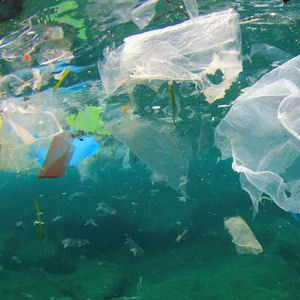
Ocean Plastic
Each year, millions of tons of plastic flow into the oceans, primarily from rivers, devastating marine ecosystems and wildlife. This pollution also threatens human health and the livelihoods of communities that depend on these waters, while harming global economies. We back efforts to remove plastics from oceans and rivers and promote initiatives that shift the focus toward educating businesses and individuals, with the ultimate goal of eliminating plastic pollution from the oceans entirely.
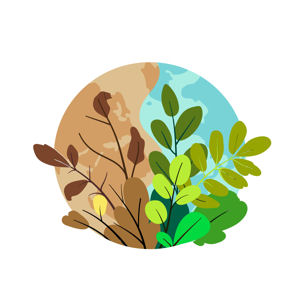
Rewilding
Rewilding restores ecosystems by reintroducing native species and allowing nature to thrive without human interference. This approach revives biodiversity, strengthens habitats, and helps mitigate climate change. By reversing damage caused by human activity, rewilding restores ecological balance, creating sustainable environments that benefit both wildlife and people. It fosters resilience against future environmental challenges and safeguards nature for future generations, making it a vital strategy for preserving the planet’s health and biodiversity.

Seagrass, mangroves, and corals
Seagrass, mangroves, and coral reefs provide powerful, nature-based solutions for climate change and sustainable development. These interconnected ecosystems work together to capture and store carbon, with seagrasses alone accounting for 10-18% of oceanic carbon storage. They are among the most diverse and productive ecosystems on Earth, offering immense benefits to communities and economies. Protecting and restoring these habitats is essential for combating climate change and supporting long-term environmental and social well-being.
Partners and supporters …
assisting us to save wildlife lives.













